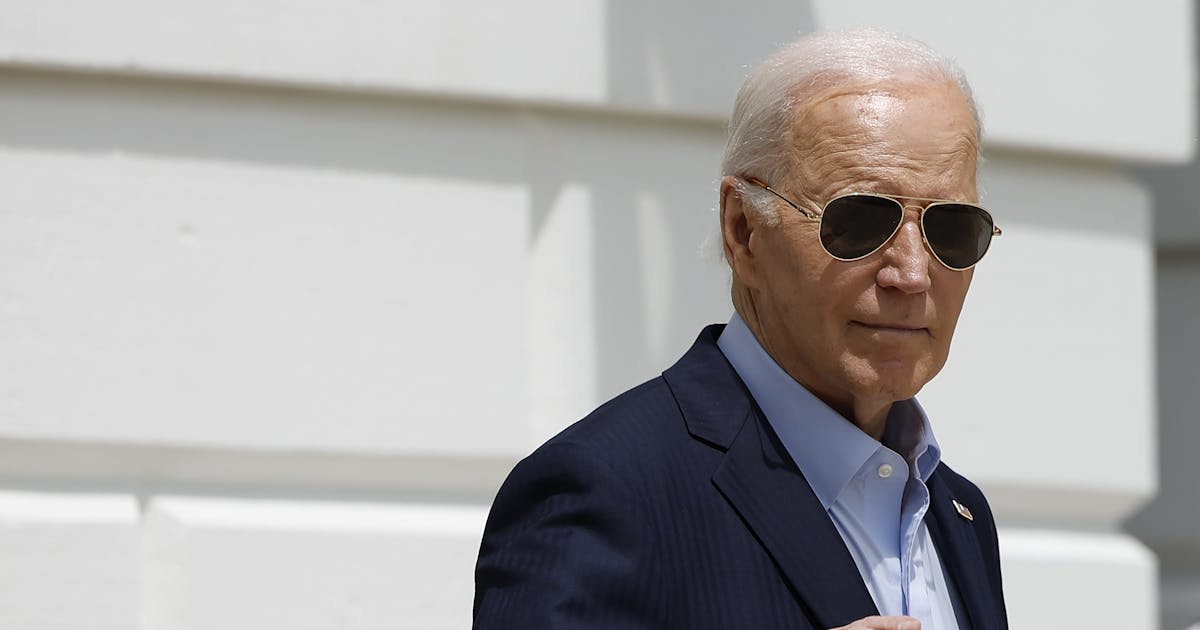
While Biden and Trump have debated before, including the super-spreader Covid faceoff in September 2020, the stakes are potentially higher this time around. Biden, who is portrayed by the Republicans as so gaga that he needs a minder, has the opportunity to upend all the cliches about his age, much as he did during the State of the Union address. Trump has a choice about whether to turn the debate into a festival of grievances about his trial and the 2020 election or whether to spend his time insulting Biden. What is guaranteed is that the debate will not be a high-minded discussion of differing approaches to tax policy.
With Trump there is always a chance that the debate will be canceled either over ludicrous demands or because the oft-indicted former president belatedly discovers that Maria Bartiromo and Sean Hannity are not the debate moderators. To my mind, Biden snookered Trump by insisting on a debate in a TV studio (much like the ballyhooed 1960 Kennedy-Nixon debates) rather than having an audience that might be packed with MAGA sycophants. Although ratings are impossible to predict a month in advance, the Quinnipiac poll did find that 72 percent of surveyed voters planned to watch the debate.
As a general rule, almost all campaign events that occur in June have a short shelf life. This helps explain why even seemingly devastating TV ads are evanescent. This may also be the case with the early summer debate. But I believe there is a significant chance that a strong Biden performance might alter the contours of the race. The downside for the Democrats, of course, is that a faltering Biden showing could have major repercussions. Remember that a compelling orator like Barack Obama was verbose and overly defensive during his first 2012 debate as an incumbent president with Mitt Romney. What helped turn things around for the Democrats was a compelling performance by a guy named Biden in the follow-up vice-presidential debate with Paul Ryan.